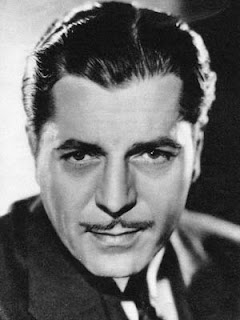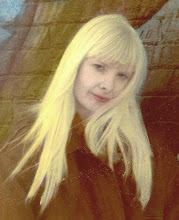
The Crime Doctor films 1943-1949
The Crime Doctor is a fictional character created by Max Marcin. A crook named Phil Morgan suffers amnesia and becomes criminal psychologist Dr. Robert Ordway.
He was the hero of a popular CBS radio program titled Crime Doctor on Sunday nights between 1940 and 1947, as well as a series of low-budget mystery thrillers inspired by the radio show. On radio, he was played by Ray Collins, House Jameson, Everett Sloane and John McIntire, but on film, exclusively by Warner Baxter. In the first film of the series, he regains his memory, captures his former gang members, and turns them over to the police. As an in-joke, Collins appeared in the film, but not as Ordway. Baxter was in poor health, and two years after making the tenth film, he died of pneumonia.
The films:
Crime Doctor (1943)
Crime Doctor's Strangest Case (1943)
Shadows in the Night (1944)
Crime Doctor's Warning (1945)
The Crime Doctor's Courage (1945)
Just Before Dawn (1946)
Crime Doctor's Man Hunt (1946)
The Millerson Case (1947)
Crime Doctor's Gamble (1947)
The Crime Doctor's Diary (1949)

Warner Leroy Baxter (March 29, 1889 – May 7, 1951) was an American actor, known for his role as The Cisco Kid in In Old Arizona (1929), for which he won the second Academy Award for Best Actor in the 1928–1929 Academy Awards. Warner Baxter started his movie career in silent movies. Baxter's most notable silent movie is probably The Great Gatsby (1926) and The Awful Truth (1925). Today The Great Gatsby is one of many lost films of the silent era. When talkies came out, Baxter became even more famous. Baxter's most notable talkies are In Old Arizona (1929) 42nd Street (1932), and the 1931 20 minute short film, The Slippery Pearls.
By 1936, Baxter was the highest paid actor in Hollywood, but by 1943 he had slipped to B movie roles, and he starred in a series of "Crime Doctor" films for Columbia Pictures. Baxter made over 100 films between 1914 and 1950.
Baxter married actress Winifred Bryson in 1918, remaining married until his death in 1951. He suffered for several years from arthritis, and in 1951 he underwent a lobotomy to ease the pain. He died shortly after of pneumonia and was interred in Forest Lawn Memorial Park Cemetery in Glendale, California.
He has a star on the Hollywood Walk of Fame at 6290 Hollywood Boulevard.














